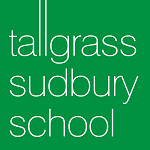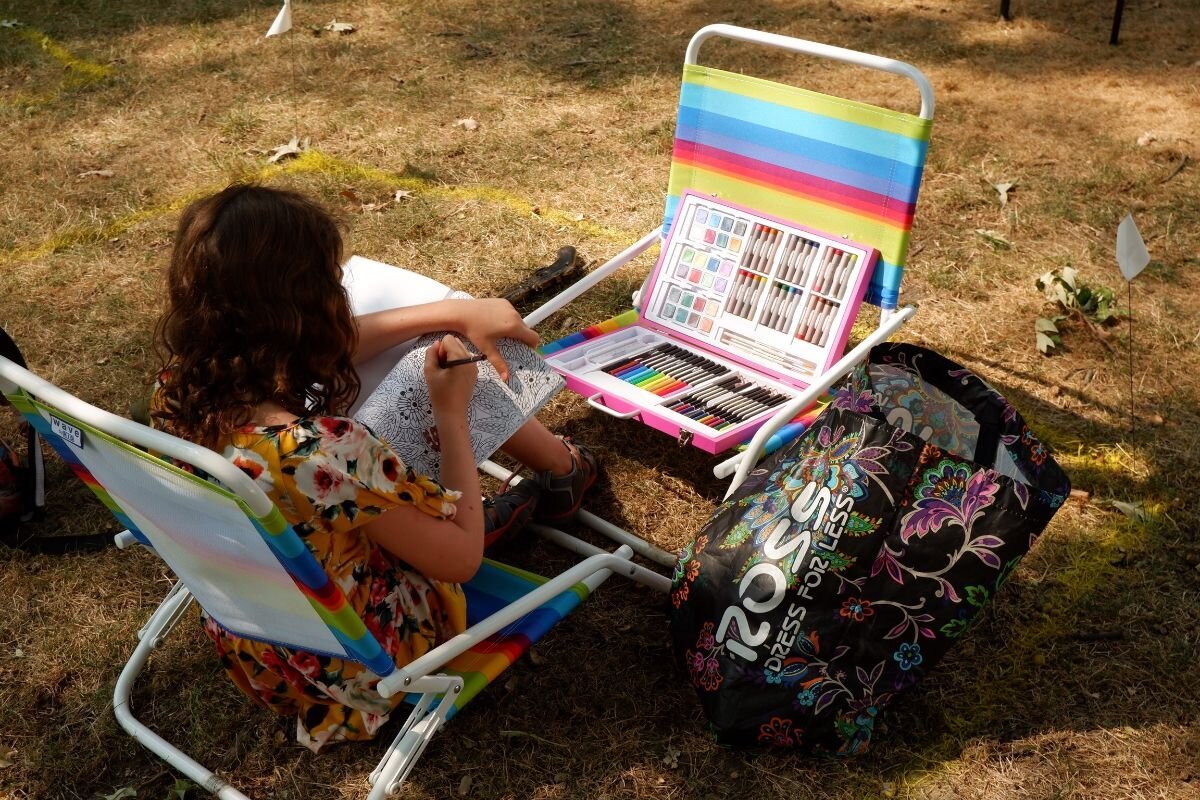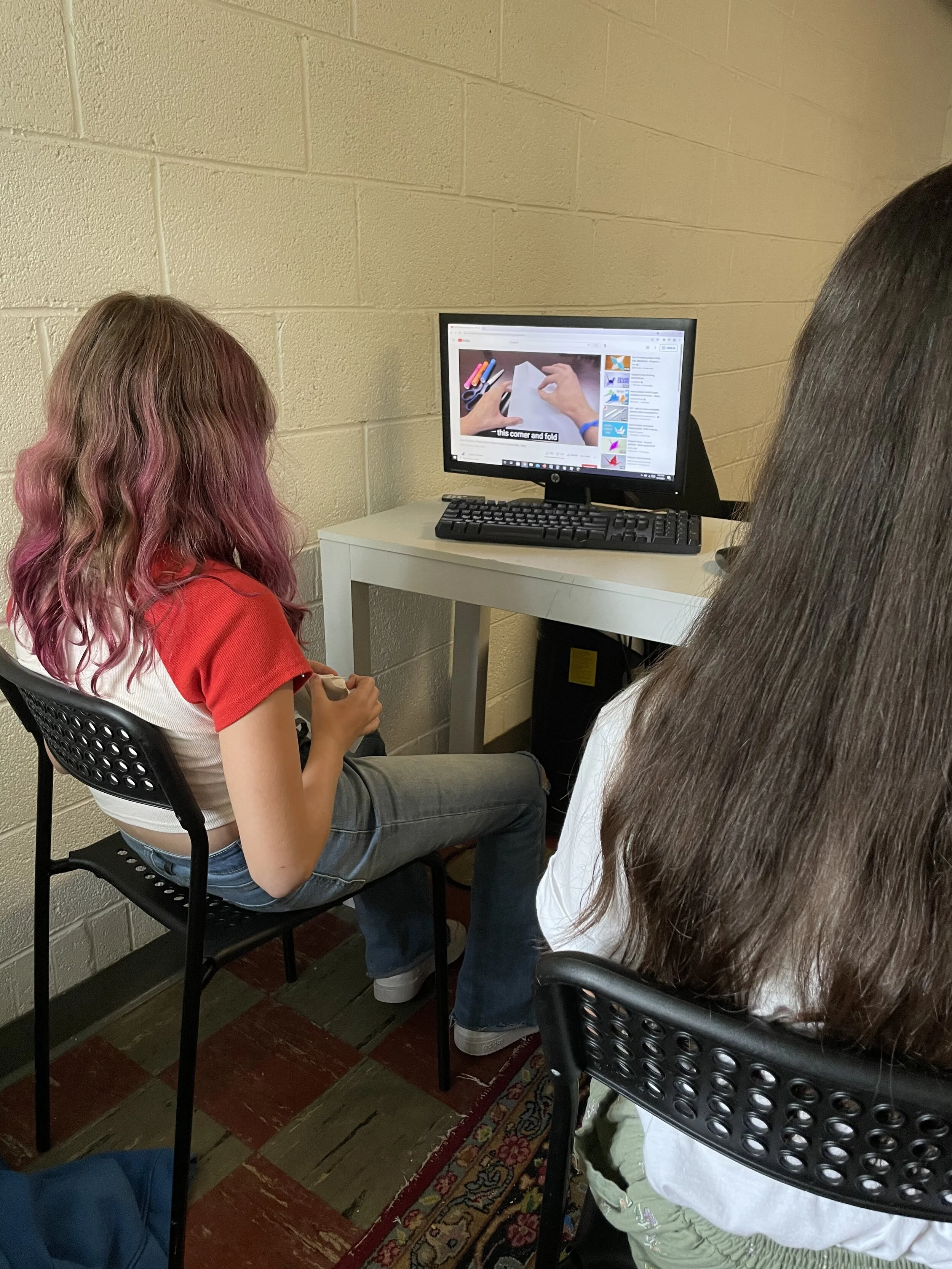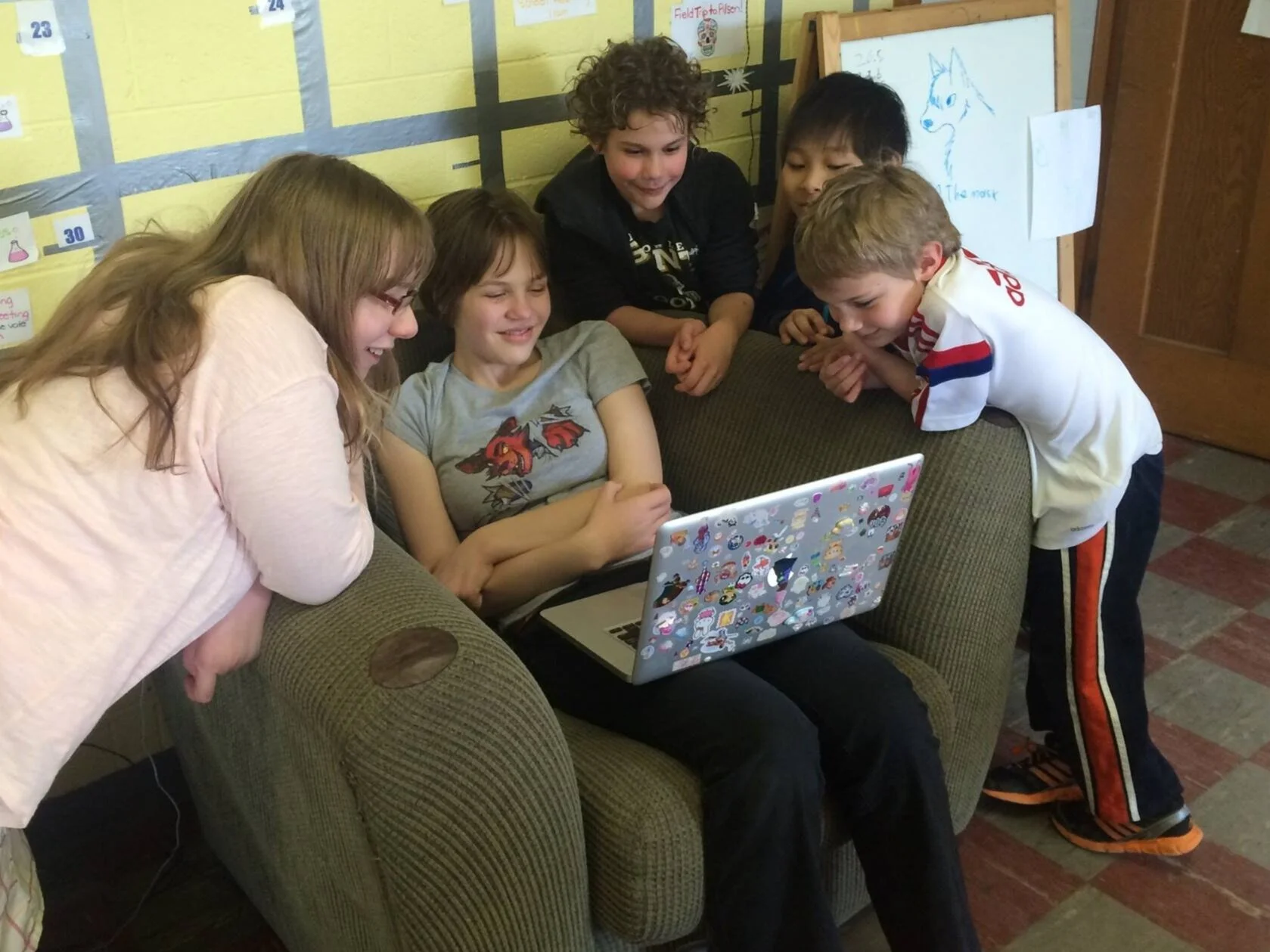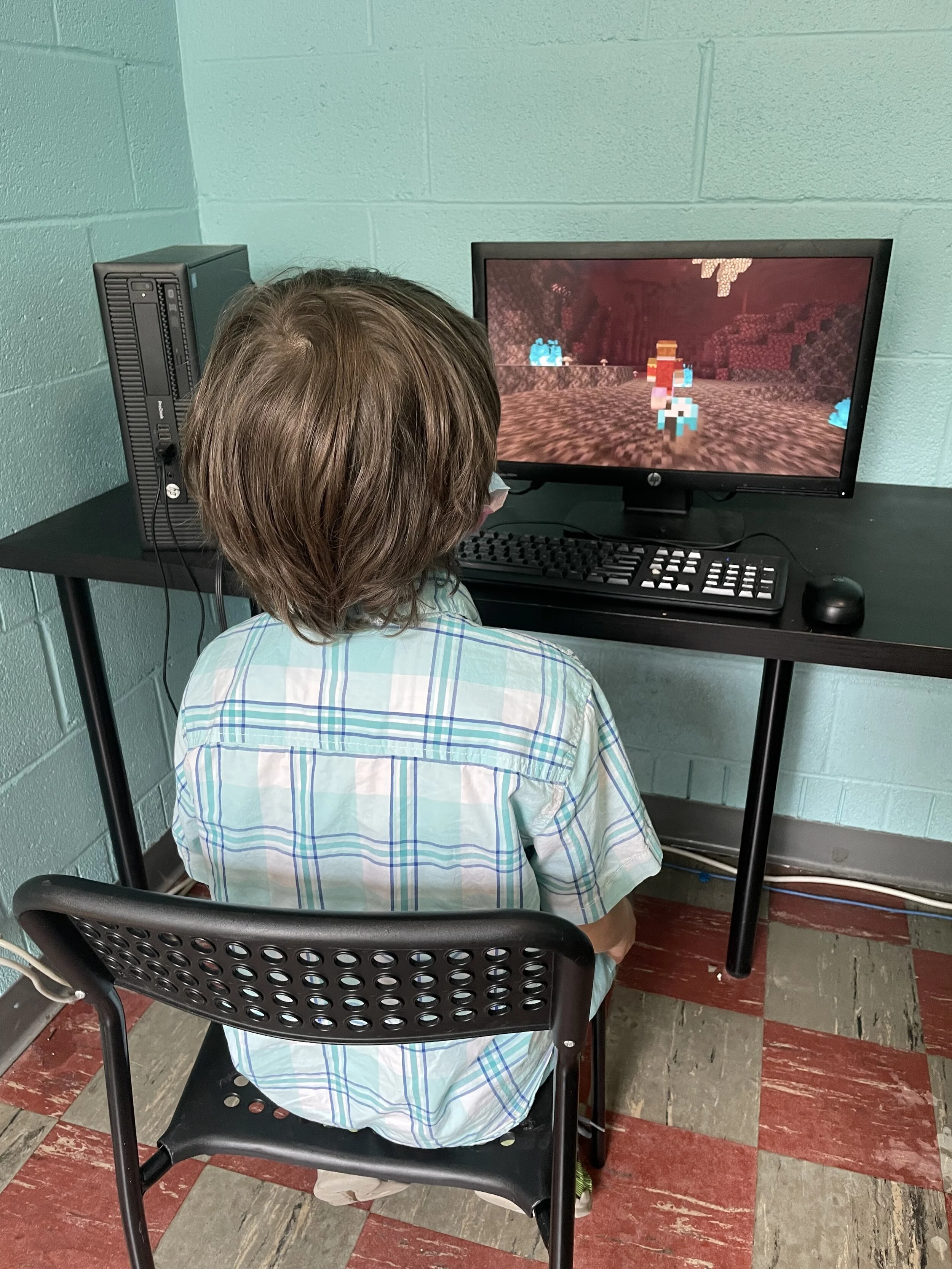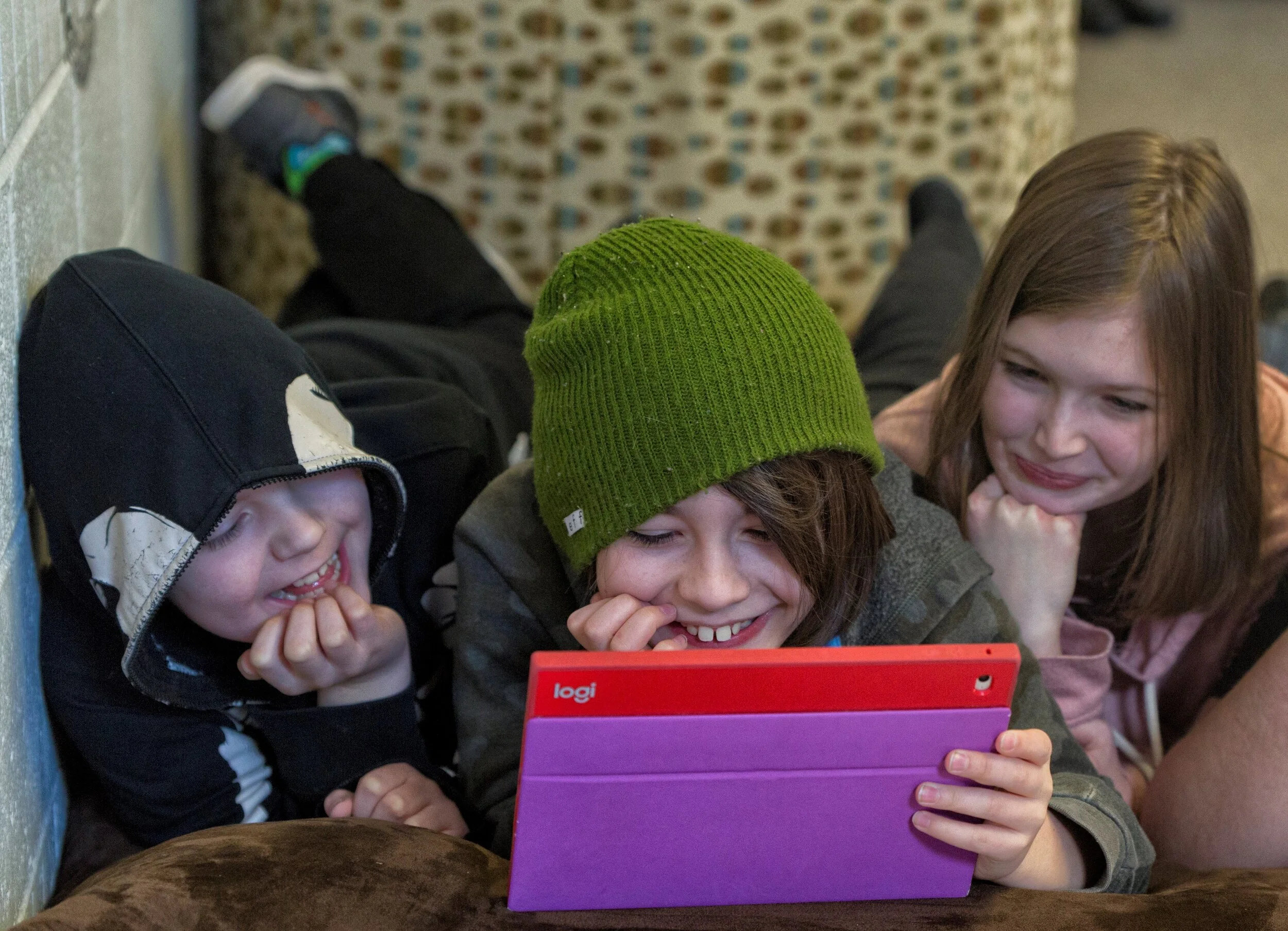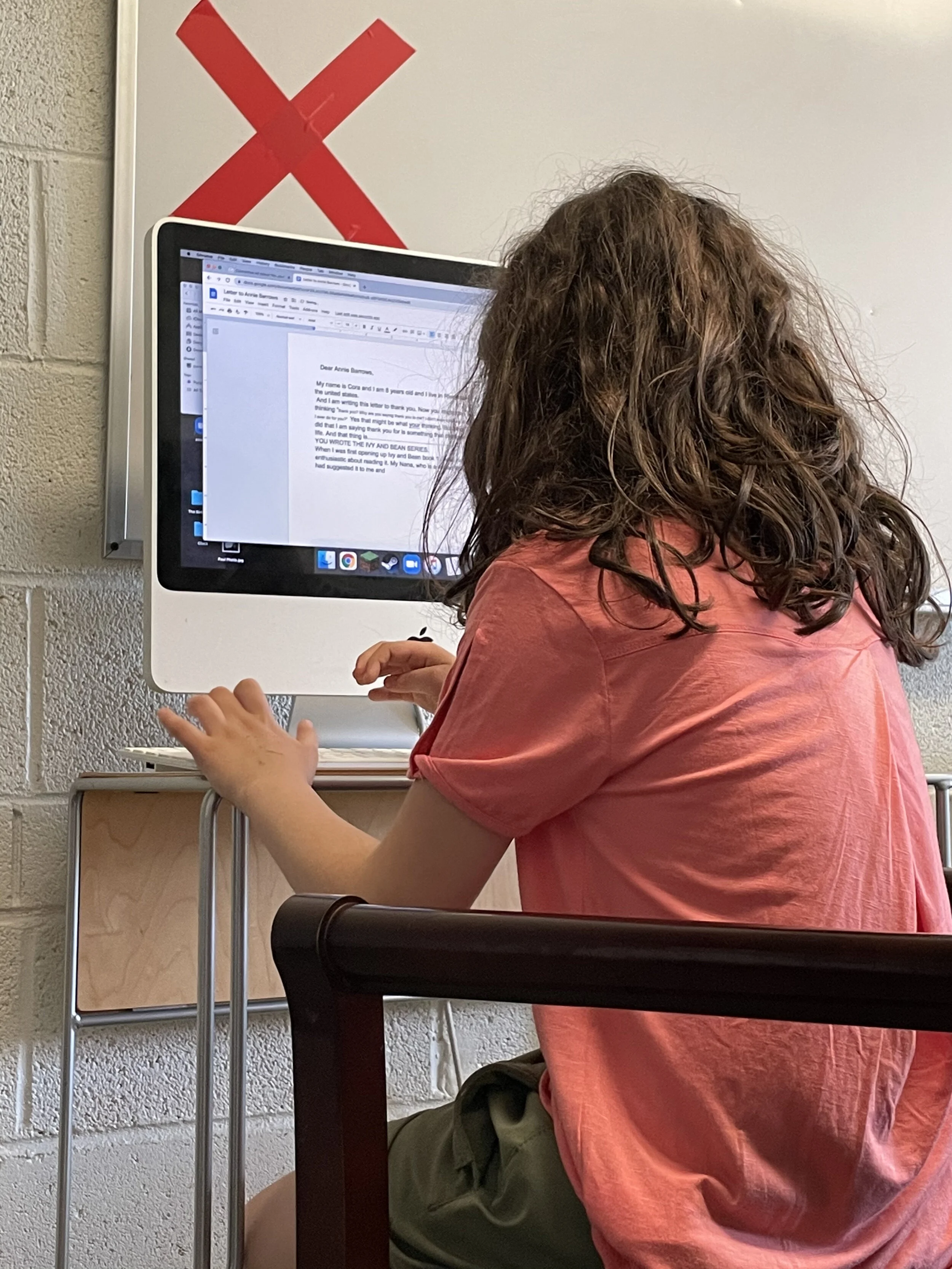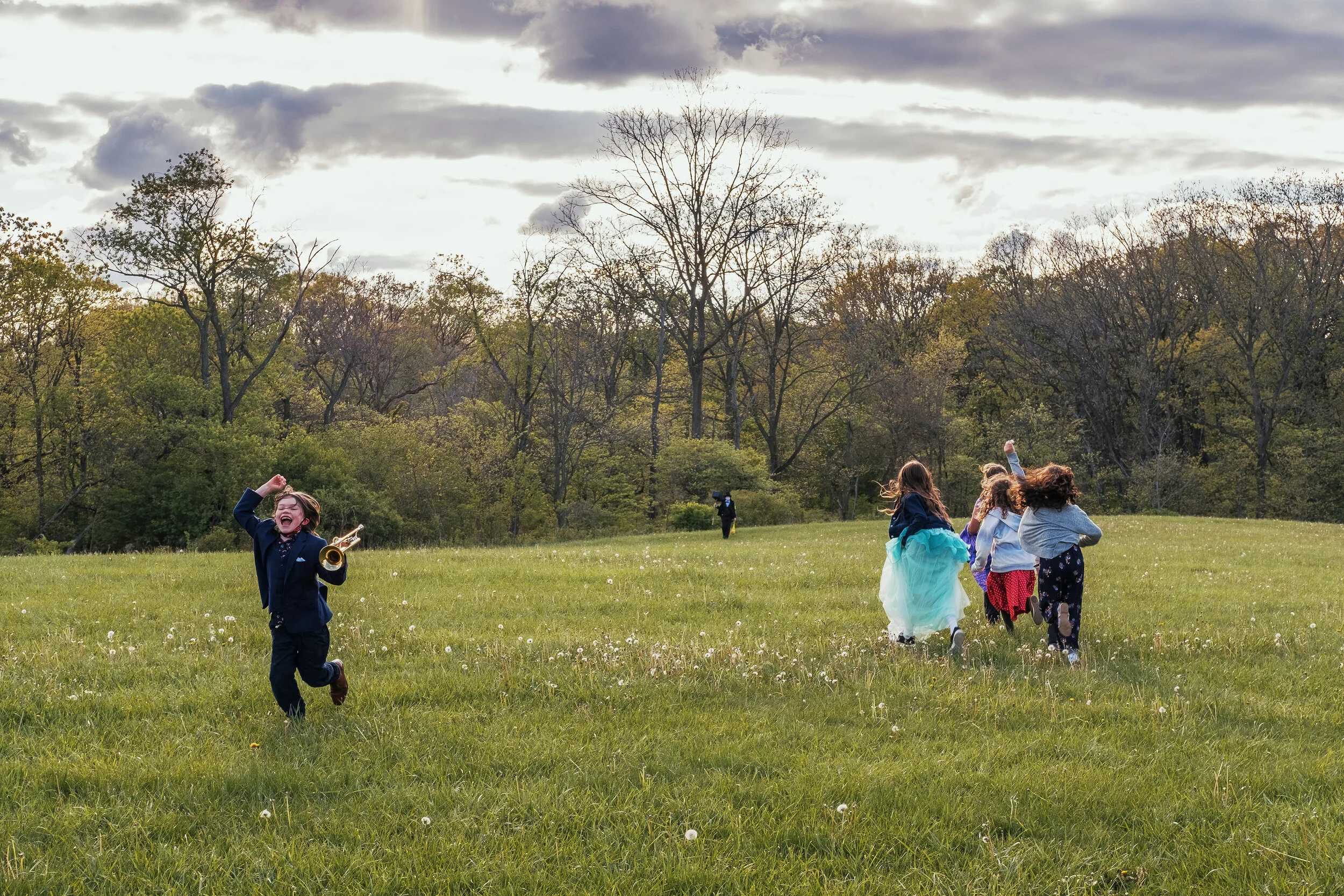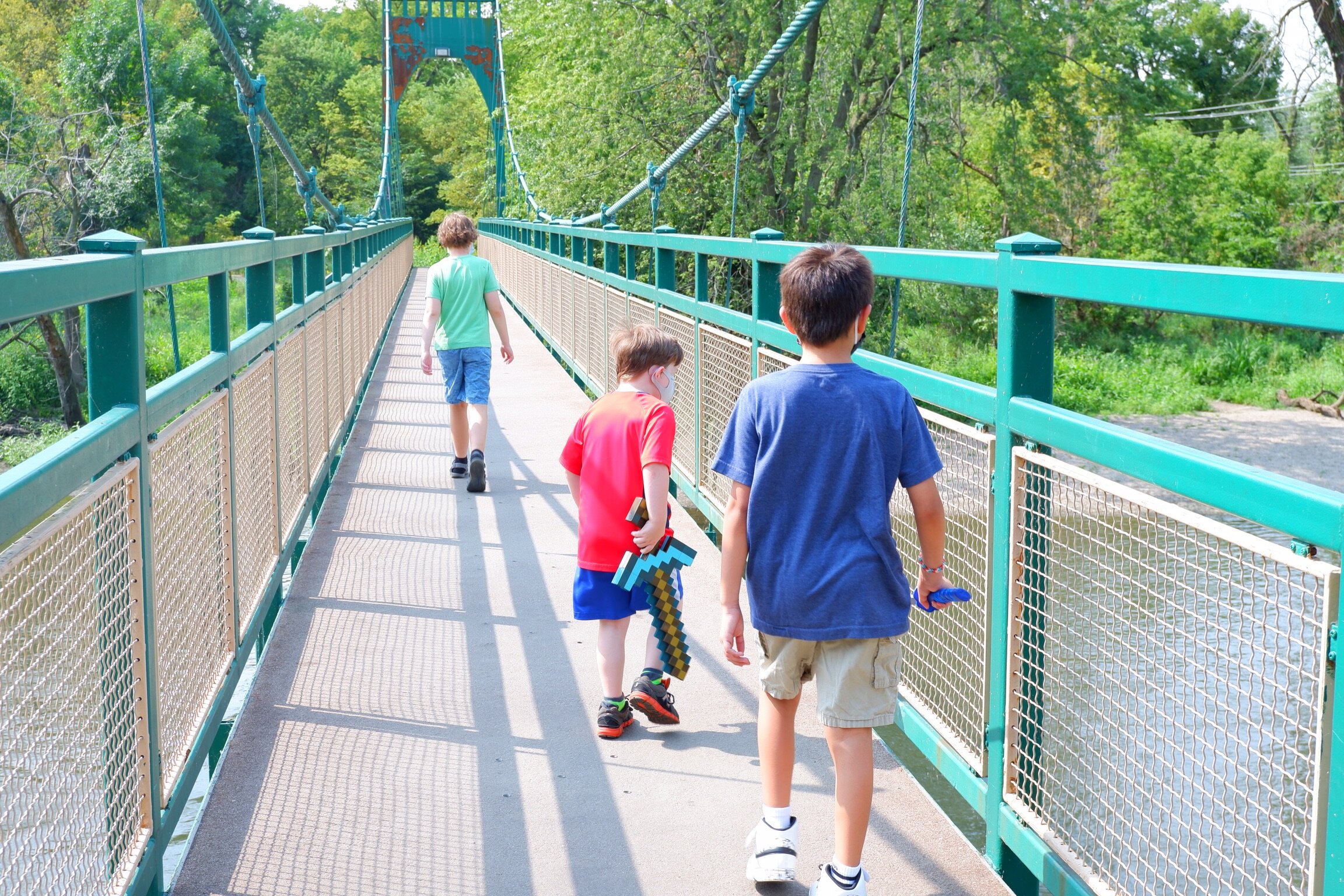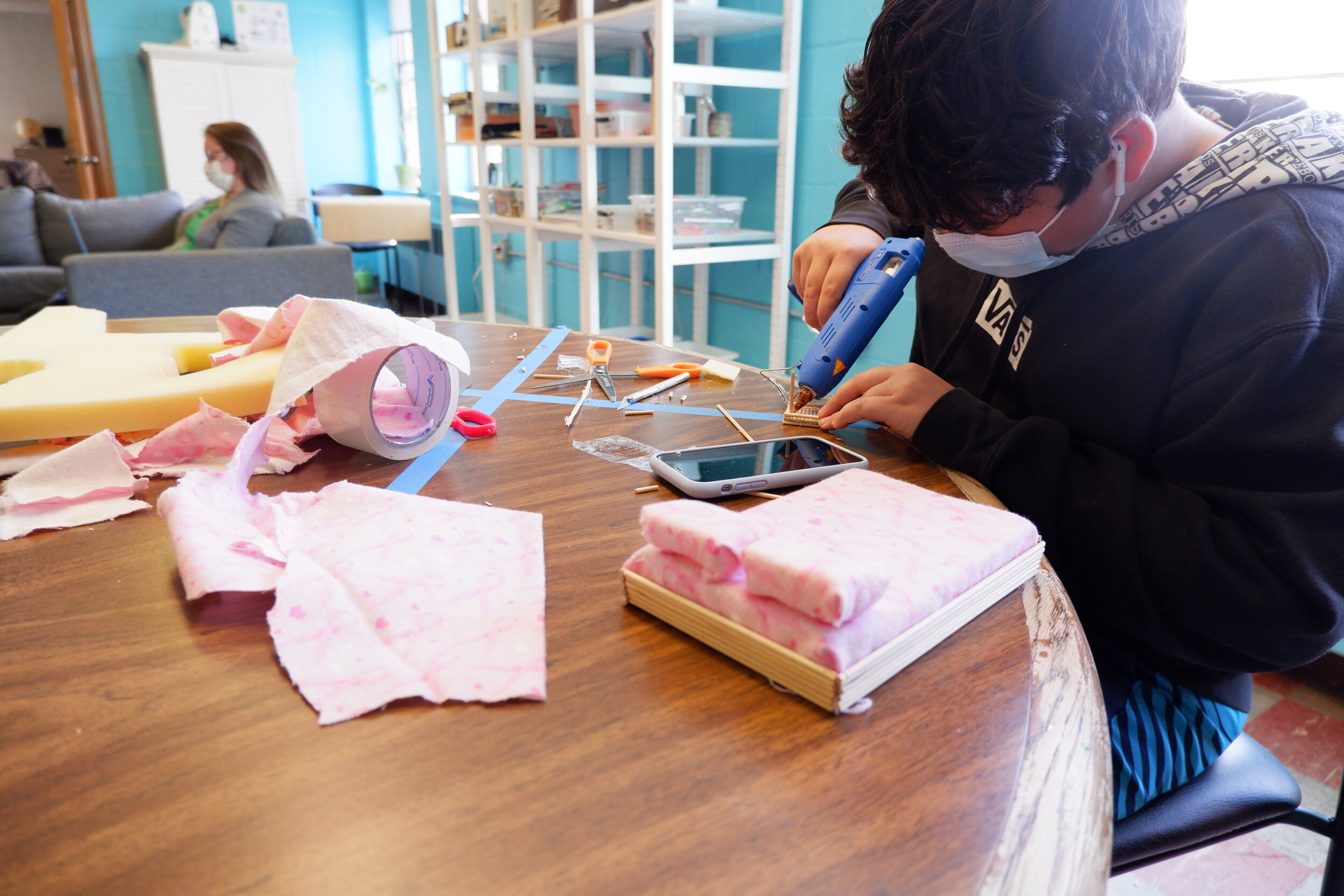INTRODUCTION
The purpose of this packet is to outline Tallgrass Sudbury School’s policies and changes/adaptations in regards to COVID-19. This document is subject to change. Any changes will be approved by the School Meeting and in consultation with the Board of Directors. Parents will be notified of all changes. Changes are not allowed to conflict with Illinois State Guidelines. We always welcome feedback and conversation from our families and community; please do not hesitate to be in touch with us.
SCHOOL SCHEDULE & ATTENDANCE
A.1 School Calendar
A.1.1 Assuming no unforeseen closures the school calendar will remain unchanged, with the exception of cancelling the Back to School Potluck on the first day of school. All Assembly meetings and other gatherings that take place outside of school hours will happen virtually until further notice.
A.2 School Hours and Attendance Requirements
A.2.1 The school’s full attendance policy, with all changes due to the pandemic highlighted in bold, can be found here, but the main changes are outlined in the following points.
School opens at 9:00 am and closes at 4:00 pm. Students are expected to attend school five hours a day, five days per week. Students who cannot meet these requirements due to transportation issues or health concerns related to COVID-19 may elect to perform their self-directed learning at home, either full or part time. This can be achieved by school meeting approval. Taking part in self-directed learning at home, an off-campus educational activity, or a field trip that is school meeting approved is considered attending school.
Students must sign in and out. In the case that a school day must take place remotely, students can meet attendance requirements by 1. attending a School Meeting, 2. by participating in a school organized group activity (via Zoom or an outdoor meet-up), or 3. by spending time on an activity that has been chosen from a school generated list or that they came up with on their own. If the 3rd option is chosen, students must report what activity they did by the end of the day (4:00 pm) to the Attendance Clerk or share it at the end-of-the-day group check in.
Absences caused by illness (including any symptoms, treatment, or quarantine due to COVID-19), transportation problems, or concerns related to the weather that are communicated to the school by the student or parent by 11:00 a.m. are excused. Whenever possible, students should report what activities they did that day by 4pm.
REMOTE LEARNING
B.1 Remote Learning
B.1.1 Remote learning will take place on days when more than one staff member has to remain home due to illness or if otherwise necessary due to state mandates or other health concerns related to COVID-19 (Cook County positivity rate of 8% or higher). IT IS POSSIBLE that we will only be able to inform families of this decision on very short notice, such as the early morning of that day. Staff will send out an email and try to contact every family by phone or text.
B.1.2 In the case that a school day must take place remotely, students can meet attendance requirements by doing at least 1 of the following 3 things:
1. Attend a School Meeting via Zoom
2. Participate in a school scheduled group activity (via Zoom or an outdoor meet-up)
3. Do at least one activity that has been chosen from this school generated list or that they have come up with on their own. These activities can be anything that the student believes contributes to their education and/or well being. If the 3rd option is chosen, students or parents must report what they did by filling out this form by the end of the day (4:00 pm) or by sharing it at the end-of-the-day group check in.
B.1.3 The schedule on Remote Learning Days will be:
Mondays and Wednesdays:
11:00 School Meeting
1:00 Group Activity (Will generally last about 30 min.)
2:30-3:00 End-of-the-day group check in - This will be an opportunity for students to share how they are doing and what they did that day.
Students can also add additional activities of their choice to the schedule by filling out this form.
Tuesdays, Thursdays, and Fridays:
11:00-1:00 Meet in school yard. Students and staff will decide if they want to walk somewhere nearby (Forest Preserve, Turtle Park, etc.)
2:30-3:00 End-of-the-day group check in - This will be an opportunity for students to share how they are doing and what they did that day.
Students can also add additional activities of their choice to the schedule by filling out this form.
B1.4 We have created a Tallgrass Bitmoji Virtual Classroom where families can access the schedule on remote learning days as well as links to Zoom meetings and important forms. Staff have sent out a classroom with a generic schedule, which will be updated and sent out to families whenever we are meeting remotely. Click on different objects in the room to access different things.
HEALTH AND SAFETY AND ENFORCEMENT
C.1 Masks
C.1.1 Cloth face coverings or surgical masks must be worn at all times except while eating.
C.1.2 Every individual on the school campus must carry a mask with them at all times.
C.1.3 Masks will be provided to any School Meeting Member who does not bring a personal mask to school.
C.1.4 Masks must be properly worn, according to CDC guidelines.
C.2 Social Distancing
C.2.1 Physical distancing of 6 ft. is required at all times, except in the case of people living in the same household or in the case of an emergency.
C.2.2 We currently have significantly more indoor space than is required for social distancing among our 21 regular attending students and 3 staff. Once our student population reaches 26, we will revisit the option of splitting the school into pods.
C.3 Screenings
C.3.1 Families are required to monitor for COVID symptoms daily before sending their child/children to school. If your child tests positive for COVID-19, or has had contact with someone who tests positive for COVID-19, please contact the school immediately.
C.3.2 If a student, staff member, or visitor from the school tests positive for COVID-19, or has had contact with someone who tests positive for COVID-19, we will follow the Department of Health's recommendations on the specific situation and level of contact that the person had. At minimum, they and anyone they had close contact with must self-quarantine for 14 days. Students who are self-quarantining but are well enough to participate can use the school’s remote learning guidelines to continue their learning at home.
C.3.3 In addition to daily family symptom checks, all students, staff, and visitors are required to do a temperature and symptom check upon arriving at school each day. Once students arrive at school, a staff member will take their temperature with a no-contact thermometer. This check-in station will be set up just inside the green door. If one student arrives around the same time as another student, the student who arrived later will be asked to wait in their car or outside until the other student is finished checking in. Students who arrive outside of regular arrival times (9-11am) should ring the doorbell and a staff member will come down to do the health check before they come up the stairs. Parents dropping off their students are highly encouraged to stay, but wait in their cars until their child has completed the temperature and symptom check. Parents who are picking up students should not enter the building, but instead call the school (708-777-1038) when they arrive and a staff member will send their student downstairs.
C.3.4 Anyone who has a temperature above 100 degrees F or who exhibit any other symptoms that could be COVID-19 (which include, among other symptoms, cough, and chills) must stay home, or, if symptoms develop at school, must be quarantined inside and supervised until they can be picked up.
C.3.5 The cleaning of the quarantine room post a suspected or confirmed case will follow CDC guidelines.
C.4 Sanitizing Stations and Handwashing
C.4.1 Sanitizing stations will be set up around the school. Each station will include hand sanitizer and disinfectant wipes.
C.4.2 Individuals are required to clean their hands upon arriving at school, after using the bathroom, before and after eating, before and after using one of the school computers or video game controllers, after blowing their nose, or after coughing into their hand.
C.5 Building and Material Cleaning
C.5.1 School Meeting Members are still responsible for immediately cleaning up their items and any messes made.
C5.2 Individuals who use tables for eating are required to wipe them down with a disinfectant wipe after each use.
C.5.3 Individuals are required to use plastic gloves while using the microwave or refrigerator/freezer.
C.5.4 Cloth rags have been put in storage and replaced with paper towels.
C.5.5 Chores will continue as normal as managed by the Cleaning Clerk. In addition to cleaning that is done during daily chore time, staff will also do daily disinfecting of school phones, piano keys, all controllers, the playstation console buttons and remote control, computer keyboards and mouses, fridge and microwave handles, toilets and sinks, and all doorknobs, light switches and banisters.
C.5.6 Any art supplies or other supplies that are handled by an individual must be sanitized before another person can use them. There are two containers for unsanitized items on the sewing shelves in the Art room where people can put materials after using them. These items will be sanitized by a staff member on a regular basis.
C.5.7 There are two containers specifically marked for sanitized and unsanitized writing utensils on a table in the Art Room so that people are only using sanitized pens/pencils when they sign in and out and sign up for chores.
C.6 Enforcement
C.6.1 Enforcement of these policies will be handled by JC. However, any combination of 2 staff members or JC Clerks reserve the right to send anyone home immediately until the next JC or School Meeting for non-compliance. Whenever possible, staff and JC Clerks will give two verbal warnings per day before sending anyone home.
C.6.2 The following laws have been added to the lawbook:
Masks must be worn at all times except while eating or in an area that is designated by staff that is also socially distanced from other people.
Physical distancing of 6 ft. is required at all times, except in the case of people living in the same household or in the case of an emergency.
Individuals are required to clean their hands upon arriving at school, after using the bathroom, before and after eating, after blowing their nose, or after coughing into their hand.
Sharing of objects should be kept to a minimum and if necessary, both objects and hands should be sanitized immediately after.
Anyone who has symptoms that could be COVID-19 (which include, among other symptoms, cough, fever, and chills) must stay home, or, if symptoms develop at school, must be quarantined inside and supervised until they can be picked up. All students and staff are required to do a temperature and symptom check upon arriving at school each day.
All doors must remain open for ventilation except for School Meeting business such as JC or a staff/parent meeting.
Any activities that result in heavy breathing are currently prohibited indoors.
C.6.3 Open Campus can continue as normal. Students who are certified to be outside without an adult must complete the following additional requirements related to COVID-19 safety before they can leave the building:
When is it ok to take your mask off? A- Only while eating.
All students and staff need to maintain social distancing at all times. What does this mean? A- Everyone needs to stay at least 6 ft. apart at all times, except in the case of people living in the same household or in the case of an emergency.
Acknowledge that, when possible, you will sanitize your hands regularly on open campus and that if you, or anyone you are with on open campus shows symptoms that could be COVID-19 (which include, among other symptoms, cough, fever, and chills), you will return to school and inform a staff member immediately.
SOCIAL AND EMOTIONAL WELL BEING
D.1 Social and Emotional Well Being
D.1.1 We recognize that the pandemic has caused stress for many of our students and that while transitioning back to school will be a welcome change from being quarantined it will also come with difficulties. We all miss our normal lives and look forward to the days where students can pile on the couches, share toys, food, and hugs. Until this time comes we will do everything we can to be sensitive to their struggles and to create a safe and joyful environment with as little fear as possible.
D.1.2 Staff will be available for mental health check-ins with students. These can be scheduled directly with a staff member or by filling out a check-in request form at school. On remote learning days, staff will have scheduled “office hours” during which students can sign on and talk with staff.
CAMPUS IMPROVEMENTS AND CHANGES
E.1 Adaptations to Indoor Space
E.1.1 All furniture that is difficult to clean (bean bags, pillows, etc.) or that make it difficult to socially distance (excess tables and chairs) have been put into storage. Toys and other supplies that are generally used by more than one person at a time have also been put into storage.
E.1.2 Socially distanced seating and standing areas are marked throughout the building with brightly colored X’s.
E.1.3 Room occupancy signs are posted on doors and in the cubby area. Sign-up sheets in the computer and TV room have been adjusted to reflect the number of people who are allowed in the room at one time. Signs with reminders about sanitizing hands and computers/controllers are also posted throughout the school.
E.1.4 The school water fountain is blocked off for sanitary reasons. A water cooler that can be used for refilling water bottles and cups is available in the Food Room.
E.1.5 Designated windows throughout the school are cracked open for ventilation and are marked with signs so that people don’t close them.
E.2 Open Campus
E.2.1 Staff are going to try and offer daily open campus trips, particularly geared toward students who are not certified to be outside without a staff member.
SUPPLY LIST
TUITION AGREEMENTS
Due to the COVID-19 situation, tuition agreements can be cancelled during the 2020-2021 school year if 30 days notice is given from the family before billing/payment stops.
COMMUNICATION
H.1 Staff Communication with Parents
The primary way that staff communicate school closures, information about remote learning, and other important announcements is via the Tallgrass Family email list. Families also have the option to be notified via text by joining the remind.com group at remind.com/join/82woodside.
H.2 Parent Communication with Staff
Email: info@tallgrasssudbury.org
School phone number: 708-777-1037
School text number: 708-328-8546
Google form to report activities for attendance on remote learning days
H.3 Student Communication
The school has a Discord server where students and staff can connect when we are not meeting in person.
H.4 Communication Among Families/Alumni, etc.
We have a Facebook group for current students and parents, staff, and alumni to share plans for upcoming events, reminders, emergency requests, stories, fun photos, ideas, etc. Emails using the Tallgrass Family address will also be sent to all current families.
